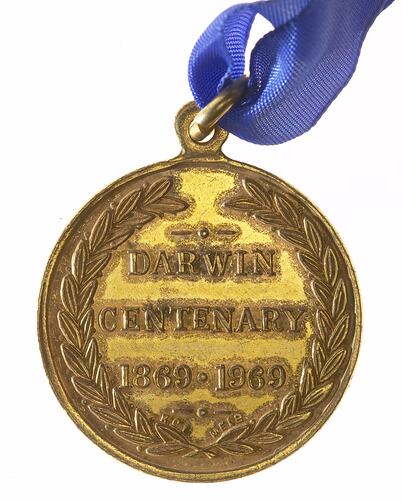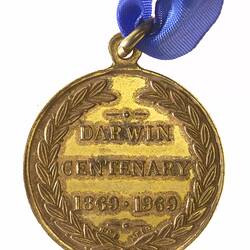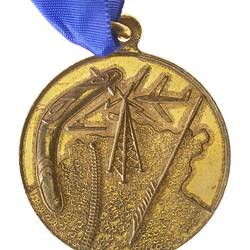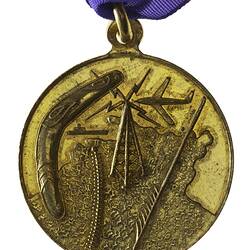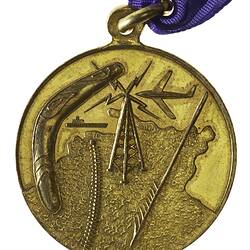Darwin was settled in 1869 as an outpost serving South Australia's desire for a settlement in the north. John Lort Stokes, Commander of the Beagle, first named Port Darwin in 1839, in honour of Charles Darwin, the famous scientist and naturalist who had accompanied him to South America. However, Darwin was originally called Palmerston.
The traditional Aboriginal owners of the Darwin area, the Larrakai, did not welcome the settlers. Fierce clashes ensued and the Aboriginal population was eventually decimated. The establishment of an Outback Telegraph Station in the 1870s was followed by a minor gold rush which attracted thousands of Chinese, who eventually outnumbered the European population. The first Town and District Council was formed in 1874. Ten years later the pearling industry brought people from Japan, Thursday Island, Timor and the Philippines.
The Darwin Town Council was created in 1915. From 1921 the five member Council were elected on a ratepayer's franchise. However, nine years later the Mayor and Councillors resigned in protest against the re-introduction of adult suffrage. A caretaker Council was appointed until 1937, when it was abolished at the Council's own request.
In 1955 an amendment to the Local Government Ordinance provided for the Constitution of the Municipality of Darwin. Two years later the Council was increased to twelve members and a Mayor, and an annual election for the Mayor and half of the Council members to be retired at each election was introduced. In 1959 an Ordinance provided that the Municipality of Darwin be constituted a city and named 'The City of Darwin'.
Darwin City Council witnessed more structural changes in 1963, when the number of Aldermen was decreased to eight and Wards were abolished. Nine years later, in March 1972, the Municipality of Darwin was divided into five Wards. Later that month it was decided to elect ten Aldermen, two from each of the Wards, and a Mayor.
Self-government was established in the Northern Territory in 1978. The Local Government Act was soon amended to provide for the establishment of Community Government Councils.
Darwin has faced a range of challenges since settlement, including devestating cyclones in 1897 and 1975, and Japanese bombing during World War II. It has been rebuilt each time.
Today the Darwin City Council is one of six municipal councils in the Northern Territory. The Darwin municipality covers over 14,000 hectares. The Council is a major employer in Darwin, employing some 280 staff. It operates four public libraries and several service depots. Unlike councils in the Australian states, the Darwin City Council (and other Northern Territory Councils) do not have responsibility for building control or planning. These functions remain the responsibility of the Northern Territory Government.
References:
Darwin City Council website http://www.darcity.nt.gov.au, accessed 21/10/2003.
http://www.aussie-travel.com.au/noterr/history.html, accessed 21/10/2003.
More Information
-
Keywords
-
Localities
-
Authors
-
Article types
